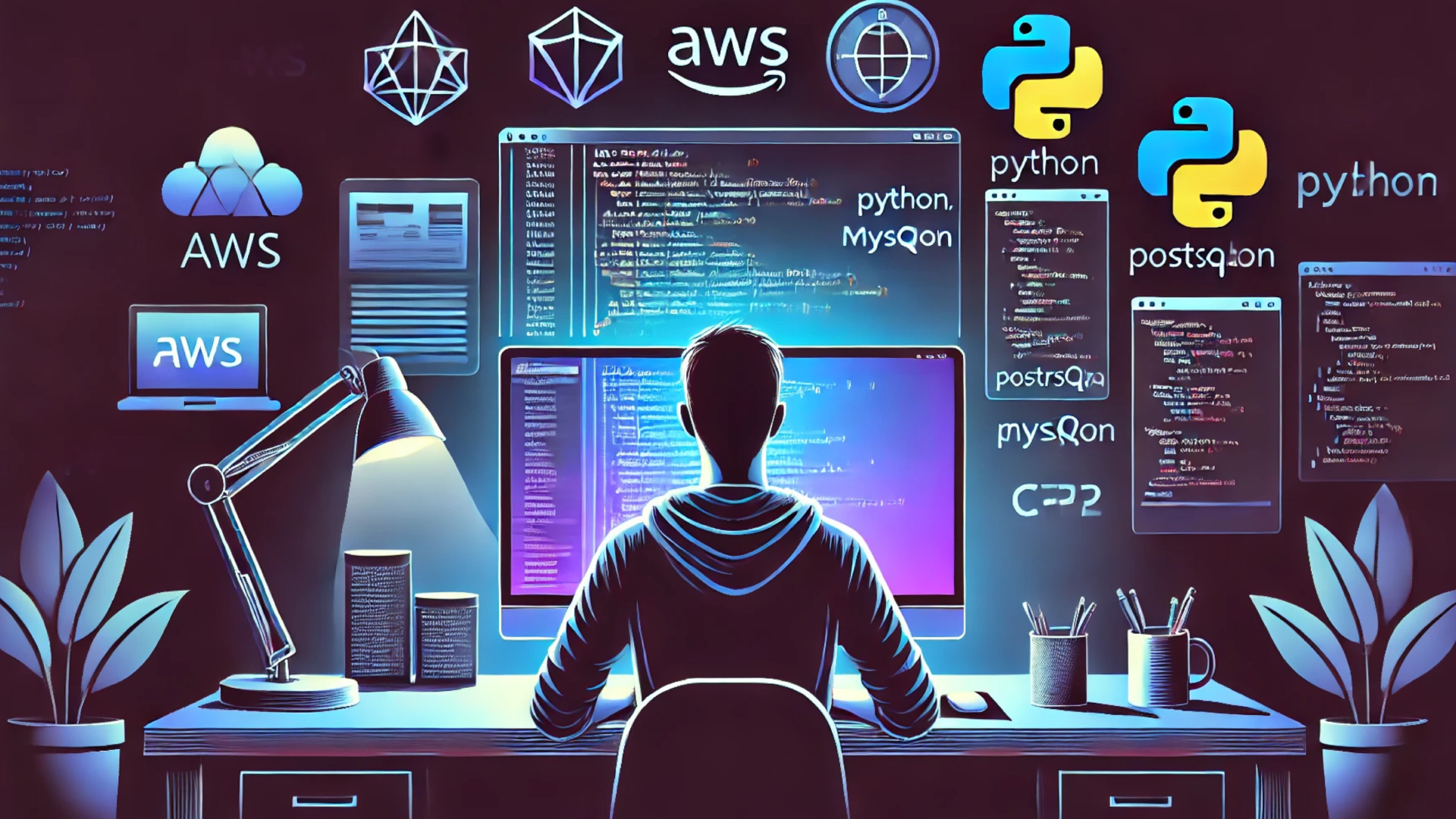
The Future of Software Development in 2025
February 28th, 2025 Posted by sireesha k Uncategorized 0 thoughts on “The Future of Software Development in 2025”The Future of Software Development in 2025
The software development landscape is evolving rapidly, driven by emerging technologies and innovative methodologies. As we step into 2025, the industry is poised for groundbreaking changes that will redefine how software is built, deployed, and maintained. Let’s explore the key trends shaping the future of software development.
1. AI-Driven Development
Artificial Intelligence (AI) and Machine Learning (ML) are revolutionizing software development. AI-powered coding assistants like GitHub Copilot and OpenAI Codex are automating mundane coding tasks, enabling developers to focus on complex problem-solving. By 2025, AI will play a significant role in generating code, detecting vulnerabilities, and optimizing performance.
2. Low-Code and No-Code Platforms
The demand for faster development cycles has led to the rise of low-code and no-code platforms. These platforms empower non-technical users to create applications with minimal coding knowledge. In 2025, businesses will increasingly adopt these solutions to accelerate digital transformation and reduce software development costs.
3. Cloud-Native and Serverless Computing
Cloud computing continues to dominate, with a growing shift towards serverless architectures and containerization. Cloud-native development allows businesses to build highly scalable and resilient applications while minimizing infrastructure management. In 2025, multi-cloud and hybrid cloud strategies will become standard practices for enterprises.
4. Quantum Computing in Software Development
Quantum computing is still in its infancy, but by 2025, its impact on software development will become more evident. Developers will begin exploring quantum algorithms for solving complex problems in cryptography, AI, and optimization. This shift will require new programming paradigms and specialized skill sets.
5. Enhanced Cybersecurity Measures
With cyber threats becoming more sophisticated, software development will prioritize security from the ground up. DevSecOps, which integrates security into every phase of the development lifecycle, will become a norm. AI-driven threat detection and blockchain-based authentication systems will enhance data protection and software integrity.
6. Blockchain for Transparent Development
Blockchain technology will play a more prominent role in software development, offering enhanced transparency, security, and decentralized applications (dApps). Smart contracts will automate business processes, while decentralized identity management systems will improve user authentication and data privacy.
7. The Evolution of DevOps and Automation
DevOps will continue evolving with increased automation and AI integration. AIOps (Artificial Intelligence for IT Operations) will streamline development workflows, optimize resource allocation, and predict system failures. Automated testing and continuous deployment will become more efficient, leading to faster software delivery.
8. The Rise of Extended Reality (XR)
Augmented Reality (AR), Virtual Reality (VR), and Mixed Reality (MR) are set to transform software development. Industries like gaming, healthcare, and education will leverage XR applications for immersive experiences. Developers will focus on creating more interactive and user-centric digital environments.
9. Ethical AI and Responsible Development
As AI adoption grows, ethical considerations in software development will gain importance. Developers will need to address issues related to bias in AI models, data privacy, and AI-driven decision-making transparency. Organizations will be held accountable for building responsible AI systems that align with ethical standards.
10. Human-AI Collaboration
Rather than replacing developers, AI will act as a collaborative tool to enhance productivity. In 2025, AI will assist in debugging, refactoring code, and even suggesting architectural improvements. The synergy between human intelligence and AI will redefine the software development workflow.
Final Thoughts
The future of software development in 2025 will be shaped by AI, cloud computing, cyber security, and emerging technologies like quantum computing and XR. As businesses adapt to these trends, the demand for skilled developers and innovative solutions will continue to rise.
At Transflow, we are at the forefront of these advancements, helping businesses navigate the evolving digital landscape. Stay ahead of the curve with our cutting-edge solutions and expertise!



